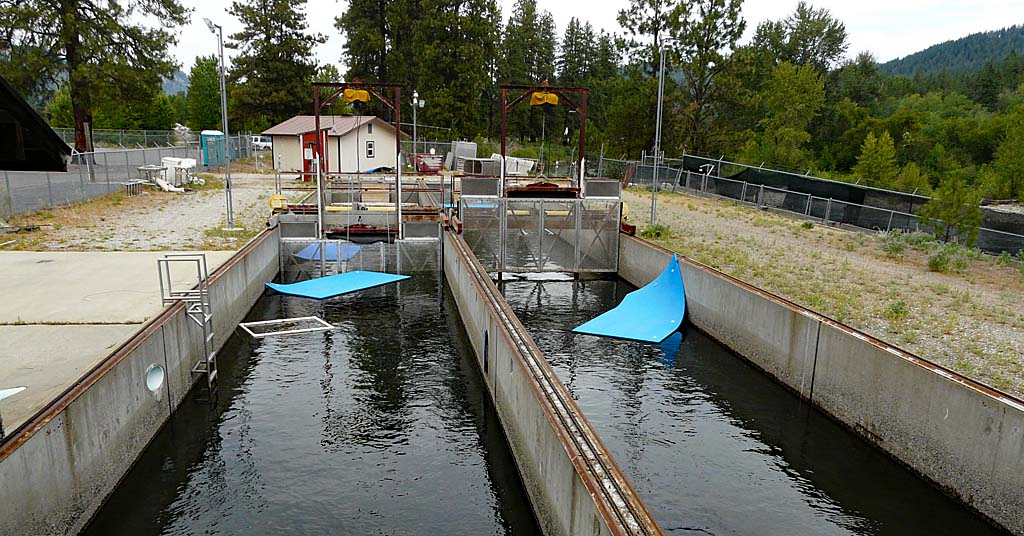Washington Ecology plans to beef up staff to regulate wetlands
Published 12:15 pm Thursday, June 15, 2023

- A cow grazes in a wet field in Washington. The U.S. Supreme Court ruled isolated wet areas are not regulated under the Clean Water Act.
The Washington Department of Ecology plans to hire more people to regulate wetlands in response to the U.S. Supreme Court’s decision to rein in federal regulators.
Ecology estimates at least 50% of the state’s wetlands will no longer be under the jurisdiction of the Environmental Protection Agency and Army Corps of Engineers because of the Sackett ruling.
Trending
The 5-4 decision limits federal control to wetlands connected to streams, rivers, lakes and oceans. State law gives Ecology authority to regulate all that, plus “other surface and underground waters.”
“It’s important for people in Washington to know that state laws continue to provide the review and oversight needed to evaluate the impacts of proposed development,” Ecology Director Laura Watson said in a statement.
Farm groups and Republican federal lawmakers hailed the Supreme Court’s ruling last month as a victory for rural America. The decision shortened the outer reach of the federal Clean Water Act by excluding from federal control wetlands surrounded by dry land.
U.S. Rep. Dan Newhouse, R-Wash., called it as a big win for farmers in his Central Washington district.
According to Ecology, however, the state Water Pollution Control Act will continue to apply to landlocked areas that are wet for at least part of the year.
Efforts to obtain comment from Newhouse were unsuccessful.
Trending
Washington Cattlemen’s Association lobbyist Mark Streuli said some people thought the Sackett decision was going to change regulations in Washington. “I think there is some confusion out there because in some states it is a big deal,” he said.
Ecology reviews projects that impact wetlands not federally regulated. Ecology estimates it will now review at least 50 projects a year, up from the current 19, Ecology spokeswoman Laura Foster said Wednesday.
Ecology has two full-time employees who review projects, plus 12 people at regional offices who also participate in reviews, she said.
The department has not decided how many more people it will hire or calculated the cost, Foster said.
The operating budget that will go into effect July 1 funds 1,900 full-time positions at Ecology, according to the Office of Financial Management.
“Our members are feeling like Ecology needing more staff rings hollow,” Streuli said.
The U.S. Army Corps of Engineers has paused determining whether it has jurisdiction over waters, spokesman Doug Garman said in an email. The Corps does not yet know how the decision will affect its workload, he said.
The Environmental Protection Agency Northwest region did not respond to a request for comment.
Washington has a housing shortage and already some of the most restrictive environmental rules in the nation, according to the Building Industry Association of Washington.
“The Department of Ecology’s response will only drive up the cost of housing and push homeownership further and further out of reach for Washington families,” the BIAW said in a statement.
The Clean Water Act applies to “waters of the United States.” A previous Supreme Court opinion stated that regulated waters should have a “significant nexus” to traditional navigable waters.
“But the boundary between a ‘significant’ and an insignificant nexus is far from clear,” Justice Samuel Alito wrote for the majority.
Considering how severe penalties are for inadvertently violating the Clean Water Act, it was important to have a clearer definition, Alito wrote.









